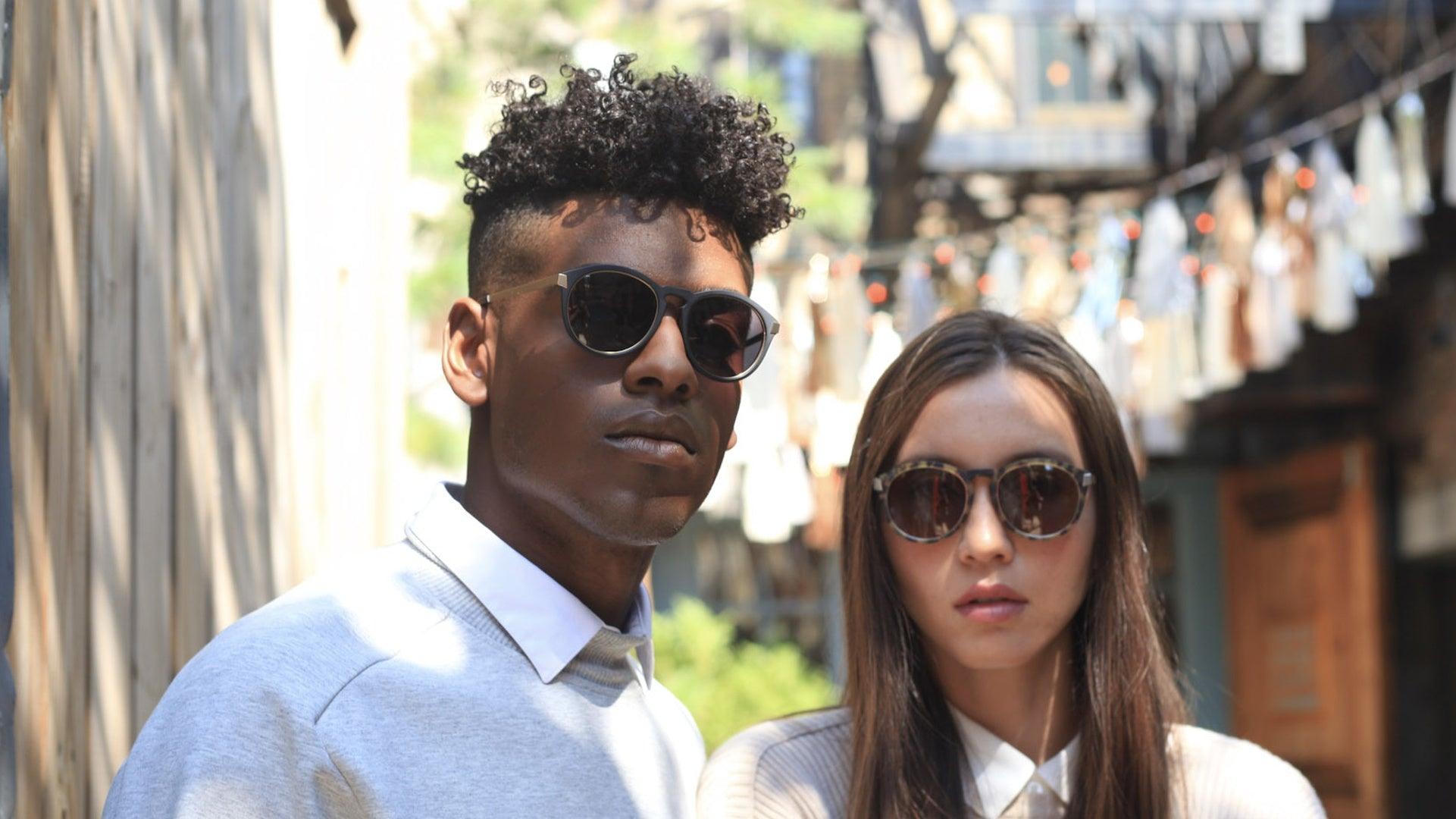
Are Sunglasses Bad for Your Eyes?
Sunglasses are an essential in every person’s set of accessories. Not only do they complete a look and give you a chic and polished look no matter your outfit, but they also provide some much-needed protection for your eyes. But is it possible that sunglasses can be bad for your eyes? Are there any drawbacks to wearing your shades too often? We’ll talk about just that and more in this article.
The importance of wearing sunglasses

One cannot overlook the importance of wearing sunglasses. They may seem like just another nice-to-have accessory, but they allow us to maintain optimal eye health. Sunglasses are an excellent way to block the sun’s ultraviolet radiation so we do not develop serious eye conditions.
To further illustrate why sunglasses are important, let’s take a look at how the sun affects each part of the eye’s anatomy:
Cornea. The cornea is the clear window on the outer part of the eyeball where light makes contact and is admitted into the inner parts of the eye. It is sensitive to the sun, and prolonged exposure can actually cause sunburns and put you at risk for developing cataracts later on in life.
Retina. Part of the retina called the macula can also be damaged by the sun’s UV rays. Macular degeneration can lead to vision loss in later years.
Iris. The iris is the part of the eye with color. People with blue or green irises should exercise more caution with sun exposure as their eyes may be more susceptible to sun damage.
Lens. This structure in the eye helps focus light onto the retina to produce clear images. Too much sun exposure can damage the lens of your eyes and result in the development of cataracts.
Are sunglasses good for your eyes?

Given all the problems that can come from too much sun exposure, are sunglasses really good for your eyes? The short answer is yes, they are.
However, not all sunglasses are made equally. For shades to be effective and provide you with sufficient protection, they must be designed with UV-blocking lenses and worn correctly (with the nose bridge of the frame touching your face and shielding your eyes).
The naked eye can filter out most UV rays, but it cannot filter out all of them. Any pair of glasses that limits sun exposure to the eye can help reduce risks associated with sun damage. Good sunglasses can also protect the skin around your eyes, making it less prone to aging.
When not to wear sunglasses
Sunglasses are undoubtedly important in maintaining eye health thanks to their protection, but there are some instances when excessive wearing of sunglasses can be detrimental.
It may be tempting to wear sunglasses every time the sun is out, but some sun exposure can actually be beneficial to the eyes. Certain wavelengths can contribute to eye health, and wearing sunglasses even when it isn’t excessively hot outside can limit this.
Wearing sunglasses all the time can also cause eye strain and even lead to infections such as conjunctivitis and pink eye when too much bacteria gets trapped under the lenses. Headaches can also be caused by wearing sunglasses too frequently as poor lighting can trigger headaches in some people,
Another way that wearing sunglasses too often might cause problems is when it impacts your peripheral vision and depth perception. It can be more difficult to judge distances with darker lenses, and blocking out light can generally make it more difficult to see things.
The bottom line
Wearing sunglasses generally isn’t bad for your eyes as long as you take care not to wear them too much. If you enjoy wearing your shades, then make sure to do so only under the bright sun, such as when you’re out on the beach or outdoors. Limit your time wearing sunnies indoors as it can cause eye strain and difficulty seeing. And more than anything, be sure to find a high-quality pair of sunglasses that fits well to make sure you have a suitable pair whenever you do need it.









Leave a comment
This site is protected by hCaptcha and the hCaptcha Privacy Policy and Terms of Service apply.